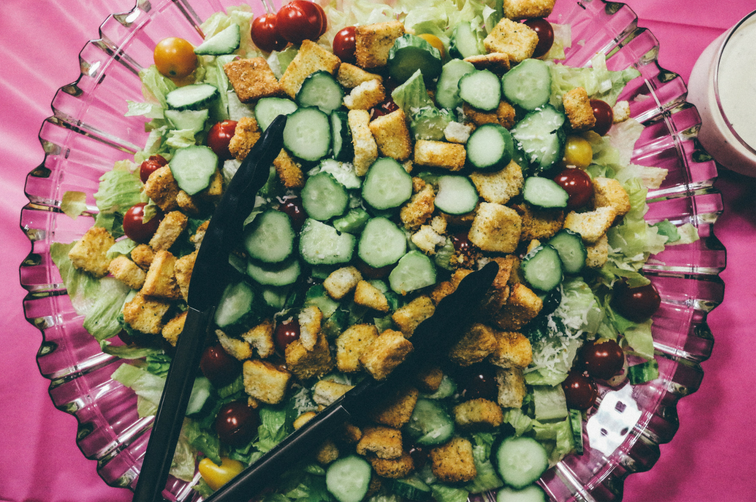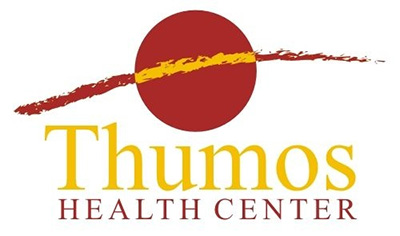by bryan
Share
by bryan
Share

TCM, or Traditional Chinese Medicine, encompasses not just acupuncture and Chinese herbal medications, but all of your physical, mental, and emotional health and well-being. Illness is not seen as an isolated event in one part of the body, but as a sign of an overall imbalance. Therefore, it is crucial to treat and support the entire person.
Diet and nutrition play a key role in restoring and maintaining overall health. Therefore, it is common for acupuncturists and other TCM practitioners to provide nutritional advice. Here is what you should know about diet from a TCM perspective.
What to Avoid
While most things are okay in moderation, overly processed foods are best avoided or minimized. They are devoid of much nutritional value and loaded with additives that can adversely affect your health and well-being. These include canned foods, fast foods, fried foods, and junk foods—in short, anything that is high in refined flour or sugar, full of saturated fat, and/or filled with preservatives.
What to Eat
Healthy eating means consuming the nutrients that your body needs, such as vitamins, protein, minerals, healthy fats, and a reasonable amount of carbohydrates. Whenever possible, choose fresh, unprocessed, whole foods such as fresh vegetables and fruits, raw nuts and seeds, and whole grains and legumes. If you choose to eat animal foods, look for free range, grass fed, hormone free products, and fish with low mercury contamination. Organic foods are typically the healthiest, since they are not contaminated, irradiated, or genetically modified. Note that “natural” does not mean “organic.”
Drink plenty of fresh water, along with raw fermented drinks. Herbal teas are also an excellent choice, especially if you choose those with medicinal properties that match your needs. Fresh juice is healthy, but be cautious of overly processed supermarket juices.
In general, it is best to limit or avoid sugary carbonated beverages, black tea, and coffee. However, high-quality organic coffee with a splash of real cream or almond milk can be a healthy choice. If you find you need several cups of coffee to make it through the day, though, this is a sign of an imbalance that should be addressed. Caffeine should be a treat rather than a necessity.
Healthy Eating Considerations
Everyone has unique needs, and your acupuncturist can help you determine a diet that is right for you. In general, though, these guidelines apply to nearly everyone who is trying for a more balanced diet.
Avoid Emotional Eating: Eating while upset can interfere with digestion, and can cause overeating. Take a few moments to calm your mind and spirit before you begin.
Chew Thoroughly: Digestion begins in the mouth. Proper chewing helps your body to efficiently process your food.
Minimize Drinking with Food: Liquids can dilute the digestive fluids, causing your body to work harder to digest food. Small sips of tea or water are okay, but try to consume the bulk of your liquids at least 15 minutes before or after a meal.
Choose Simple Preparations: Steaming, stewing, baking, and soups are among the best choices for preparing food. These preparations retain the most nutrients and avoid over-processing.
Eat Seasonally: As much as possible, choose a wide variety of seasonal, locally grown foods. This ensures a steady stream of varying vitamins and minerals, minimizes processing requirements for storage, and helps to ensure balance.
Stop Eating Before You Are Full: Although you should no longer feel hungry, digestion is easiest when you still have a bit of space in your stomach. Also plan to eat at least 3 hours before going to bed to allow your body time to process your food.
Eat Breakfast: You may have heard that breakfast is the most important meal of the day. It sets your daily metabolism and provides needed fuel. If you don’t feel hungry, try a cup of warm tea, which can stimulate hunger.
Eat Proportionally: Many studies show that, while protein is necessary, many people consume too much. Aim for approximately 40% whole grains, 40% fresh fruits and vegetables, 10% legumes, seeds, and nuts, and 10% animal foods. If you are vegetarian, substitute legumes, seeds, and nuts for animal foods.
Diet and nutrition are key components of TCM. Everyone is unique, and your acupuncturist can help you design the diet that is right for you. Overall, though, it is important to balance your plate, cut down on processed foods, eat calmly, chew thoroughly, and leave enough room for digestion. Following these simple tips can have a dramatic effect on how you feel.
Located in Pacific Palisades, with satellite clinics in Santa Monica, Sherman Oaks, and Beverly Hills, Thumos Health Center offers patients exceptional personalized care. If you are ready to take the first steps toward a more integrative approach to your health care, we invite you to phone 310-927-2792 to schedule an appointment at any of our Los Angeles locations. Our highly knowledgeable and friendly staff will be happy to answer any questions or concerns you might have.

